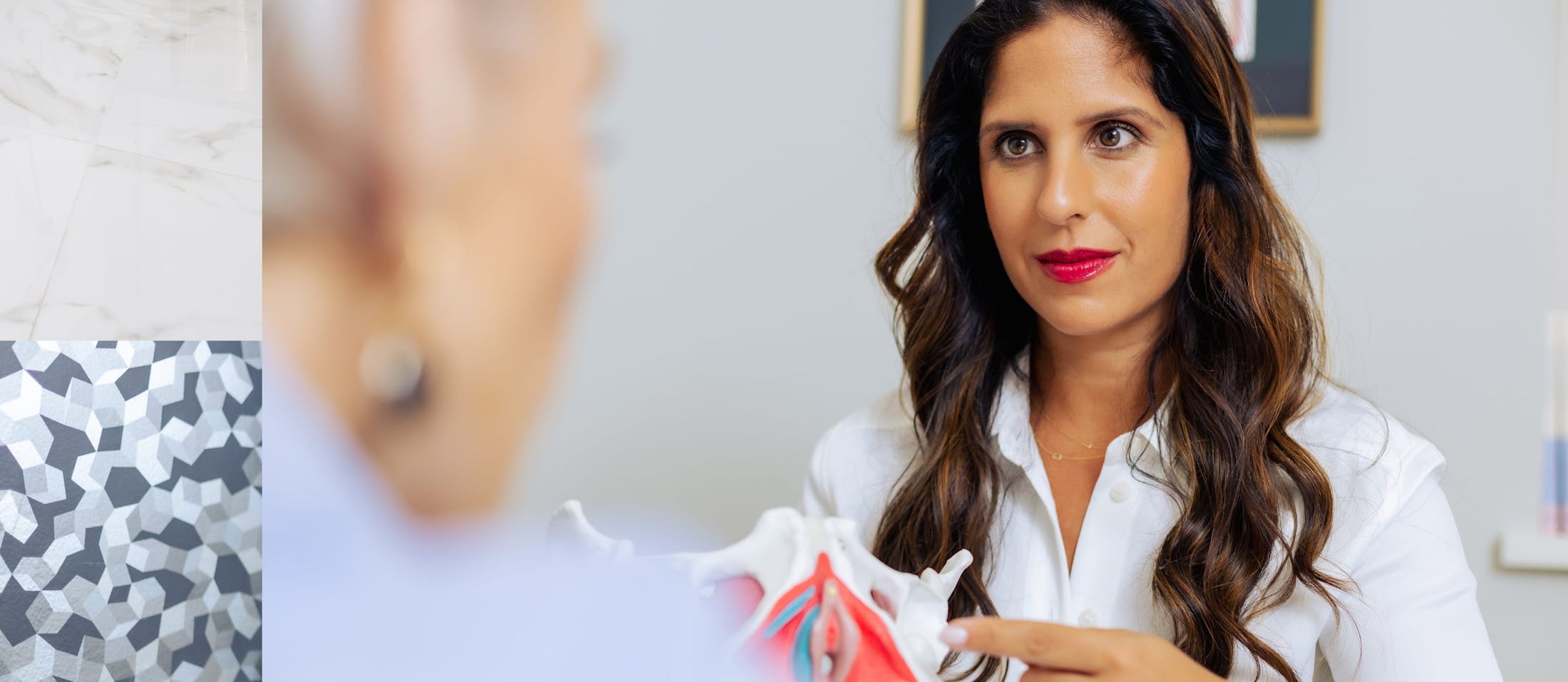
What’s the Difference Between the Two?
Recurrent UTIs (RUTI) are mainly caused by reinfection by the same pathogen. Having sexual intercourse is often one of the greatest risk factors for RUTIs. If you frequently experience symptoms such as pain or burning while urinating, frequent urination, feeling the need to urinate despite having an empty bladder, bloody urine, or pressure or cramping in the groin or lower abdomen, you’re very likely suffering from recurrent UTIs.
Interstitial Cystitis is a condition that presents with the same symptoms as a UTI but without an actual infection. Interstitial Cystitis has no exact known cause, but it is thought that inflammation of the bladder and/or urethra, neuro-muscular problems, fibromyalgia, irritable bowel syndrome (IBS), or rheumatoid arthritis are associated with it.
Both conditions create severe pain and discomfort, and whether it’s an infection or severe inflammatory issues as the cause, they require immediate attention from a specialist.
Get Properly Diagnosed
Once you arrive at the specialist’s office, the first order of business is a pelvic exam. A cystoscopy may follow, which consists of inserting a tube-like instrument into the urethra. The tube has a tiny camera that will take images of the bladder and urethra, projecting them onto a screen for the doctor to see. This makes it easy to properly diagnose the condition and get started on a treatment plan.
What Does Treatment Look Like?
If you’re suffering from a recurrent UTI, the treatment will likely consist of a low-dose antibiotic taken for six months or longer.
However, if it’s determined you have interstitial cystitis, a more involved treatment will be needed. Dr. Bahlani takes a holistic approach, creating an individualized plan for each patient. Treatment for IC may include:
- Steroid injections in the bladder
- Burning of lesions or abnormal growths using a laser
- Bladder instillation
- Nerve stimulation to relieve pain and relax the bladder
- BOTOX injections into the bladder
- Physical therapy to strengthen/retrain the pelvic floor muscles
- SoftWave therapy: a non-invasive treatment that promotes healing at the cellular level, improves blood supply, and initiates the body's natural healing process
An untreated bladder infection can become a kidney infection, which is more serious because it can travel through the bloodstream, causing sepsis. And if the interstitial cystitis goes untreated, it will result in a gradual shrinking of the capacity of the bladder, which will usually progress to the associated symptom of pain.
Seeing a Specialist is KEY
Because the symptoms of both a recurrent UTI and IC are so similar, it takes a specialist to determine which condition a person has so the proper treatment can be prescribed. Dr. Sonia Bahlani is known as one of only a handle of specialists in treating pelvic pain issues. She takes a caring, compassionate, approach, ensuring her patients receive the highest quality of care. Dr. Bahlani works to empower patients with the tools to take control over their pain and regain a better quality of life. Call today to schedule an appointment and find out more about how Dr. Bahlani can properly diagnose the cause of your pain and effectively help you resolve it.

